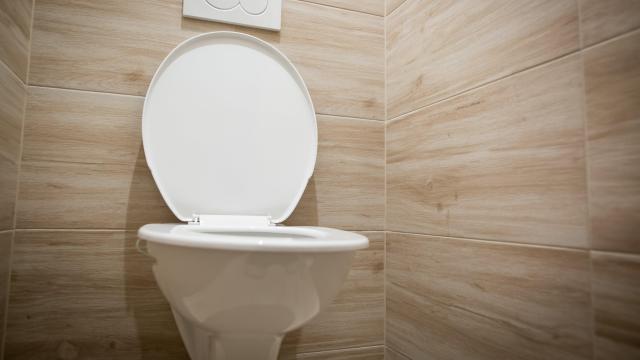Experts at Harvard and elsewhere are proposing a new type of bank be set up nationwide: a poop bank. In a paper this week, they argue that it should be possible for people to deposit a faecal sample relatively early on in life, which can then be stored indefinitely and later used to restore their unbalanced gut microbiome if needed. But they add that there would be many challenges involved in creating this system, such as finding the optimal storage conditions and cost.
Faecal microbiota transplants (FMT) have become a standard treatment for chronic infections caused by Clostridioides difficile, or C. diff. By clearing out a person’s gut microbiome with antibiotics, then introducing healthy donor stool, the microbiome can be reset in a way that prevents harmful C. diff bacteria from returning. But scientists are hopeful that these transplants can do even more to improve people’s health, given how important the microbiome seems to be to our overall functioning and wellbeing.
One hurdle to fulfilling this potential is that it can be hard to predict the effects of donor stool on a recipient’s microbiome. Studies have suggested that there may be super donors, for instance, whose poop is much more likely to succeed at treating C. diff infections than average. Other researchers, including the authors of this paper, argue that we might get clearer benefits from banking a person’s healthy stool at a young age and then transplanting it at a later date when they become sick with a relevant health problem.
The proposal comes from researchers at Harvard Medical School and Brigham and Women’s Hospital (BWH) and is laid out in a paper published Thursday in Trends in Molecular Medicine.
This concept is known as an autologous transplant, and it’s already used in other areas of medicine. People with cancers of the blood can donate some of their immune-related stem cells before they undergo chemotherapy; afterward, the cells are given back to help heal the bone marrow damaged by these treatments. Another example involves stem cells gathered from umbilical cord blood, which can be stored in case the child develops certain health problems.
“However, there is greater potential for stool banking, and we anticipate that the chance of using stool samples is much higher than for cord blood,” said author Yang-Yu Liu, an associate professor of medicine at Harvard and an associate scientist in the Channing Division of Network Medicine at BWH, in a statement.
Autologous FMT might avoid some of the problems inherent in relying on third-party poop, but it would present new wrinkles, the authors note. Right now, only one major nonprofit stool bank in the U.S. offers people the option to store their own poop, for instance. Long-term banking would also likely require liquid nitrogen storage, and there’s no data yet on how viable a person’s poop stored this way might be for transplantation past a few years.
Beyond C. diff treatment, it’s been hard to find consistent benefits from FMT in general, let alone autologous FMT, for conditions linked to an unhealthy gut, like irritable bowel syndrome. So more studies are still needed to find and fine-tune the best possible applications of FMT. Storage of your own poop probably wouldn’t be cheap, leaving open the possibility that, like many things in the U.S. healthcare system, this technology would only benefit those already better off.
By publishing this paper now, though, the authors believe that they can get the ball rolling on answering these important questions and finding an equitable solution to one day establishing a national bank of poop.
“Autologous FMTs have the potential to treat autoimmune diseases like asthma, multiple sclerosis, inflammatory bowel disease, diabetes, obesity, and even heart disease and ageing,” said co-author Scott T. Weiss, a professor of medicine at Harvard and associate director of the Channing Division of Network Medicine at BWH. “We hope this paper will prompt some long-term trials of autologous FMTs to prevent disease.”
